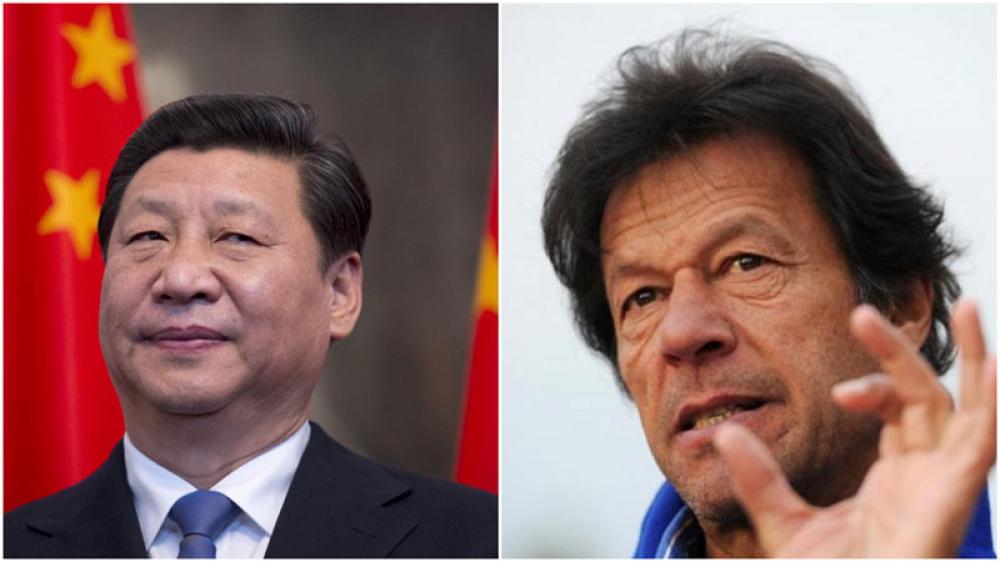Just Earth News | @justearthnews | 16 Nov 2020

Islamabad: Pakistan's political unrest, foreign debt limits and the Covid-19 pandemic have all conspired to slow Chinese investment in Pakistan, according to a report in Asia Times.
China is also reportedly holding off on projects under the US$62 China-Pakistan Economic Corridor (CPEC) including a $6.8 billion railway renovation plan.
Prime Minister Imran Khan, now under opposition fire for a range of complaints including allegations his government is military controlled, is also being criticized for squandering a golden economic opportunity for not prioritizing and expediting big-ticket Chinese infrastructure investments, reported Asia Times.
Soon after Khan assumed office in 2018, the premier put on hold several CPEC projects on the suspicion of corruption under the previous government and sought to renegotiate and realign the scheme, part of China’s Belt and Road Initiative (BRI) which seeks to pave a trade route connecting China through Pakistan to the Indian Ocean, reports the news portal.
Two years later, his Cabinet members are being named in big corruption complaints themselves involving the country’s power sector, where at least one-third of power companies are involved in Chinese projects under the CPEC’s umbrella, Asia Times reported.
Before visiting China in October 2019, Prime Minister Khan promulgated an ordinance to establish a CPEC Authority (CPECA) and tapped a retired lieutenant general as its chairperson, overriding the Planning and Development Ministry which until then had overseen CPEC affairs, reports the news portal.
The authority was rendered legally dysfunctional after the ordinance under which it was created lapsed in June, 2020.
The CPECA was functioning without legal authority for more than four months until late October.
It was later renewed for a further period of 120 days by the parliament.
Planning Ministry sources told Asia Times that CPECA was forced upon the government by China, which wanted the army to be directly involved in the CPEC portfolio as Beijing was reportedly irked with Khan’s slow movement on the wider scheme.
China is well aware that nationalist and separatist forces in Balochistan and Sindh provinces have stepped up their activities against the projects, which in recent weeks has seen Chinese workers and engineers working in the regions targeted and killed by armed separatists, reports Asia Times.
They claim in propaganda materials that the Pakistan army has colluded with China to plunder Baloch and Sindh natural resources.
The cost of providing around-the-clock security to Chinese nationals is raising the price of the projects at a time Pakistan’s economy is faltering badly.
With that squeeze, Pakistan has reportedly requested a 1% interest rate on the Chinese loan for the ML-1 rail project, but Chinese authorities have been reluctant to extend credit at such a low rate and have used delaying tactics to put pressure on Islamabad to accept its higher rate terms, reports the news portal.
Khan and Army chief Bajwa now reportedly plan to take the issue to Chinese President Xi Jinping, who they believe can dictate terms on China Development Bank and Export-Import Bank of China loans, in hopes that an agreement can be reached on the rail line.